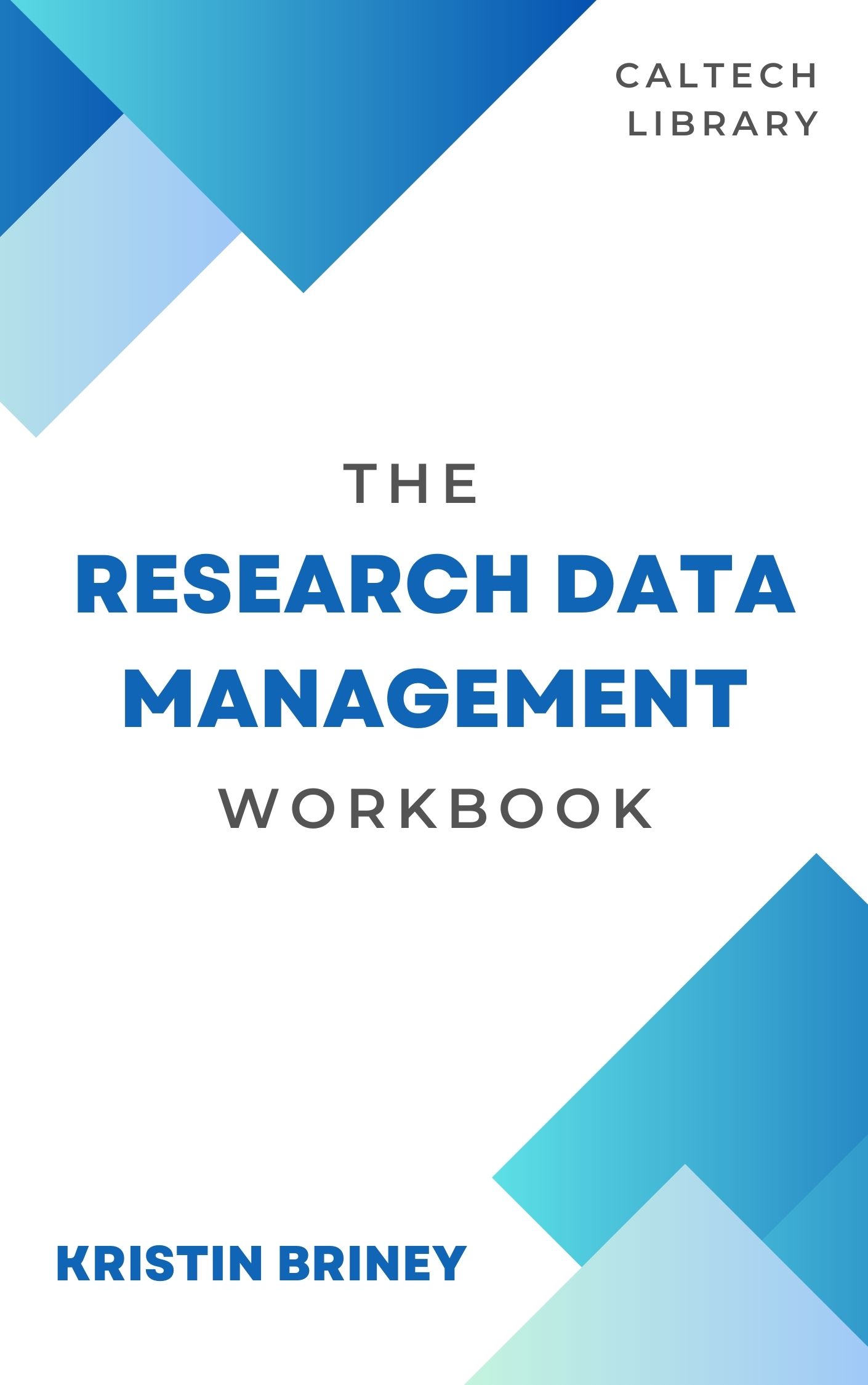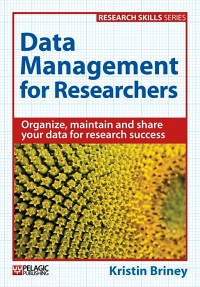I remember being incredibly paranoid when I was writing my PhD thesis that my computer would crash and I would lose all of my files. After 5 long years of work, I did not want anything keeping me from finally graduating, lost dissertation and data included. Luckily, no such calamity befell me, but I did have a friend whose laptop was stolen in the middle of writing his thesis. He was forced to start over from scratch because he did not have a good backup copy. Sadly, this is not a unique occurrence.
It’s bad enough to deal with the stress of writing a thesis and worrying about moving on from school—you do not need the added paranoia about losing (or difficulty finding) important information on top of that. Thankfully, data management offers some practical tips that can keep your worries focused solely on writing the actual thesis.
Back up your files
One strategy that will save you a lot of thesis stress is having a good backup system. I recently wrote about “the Rule of 3”, and thesis time is a great opportunity to follow it. The rule basically says that you should have 3 copies of your files, two onsite and one offsite. If one of your onsite copies fails, you still have two copies to fall back on; this can reduce a lot of paranoia about losing your important files.
To further allay your fears, I recommend using automated backup systems and test restoring from them. Automation removes any work that you have to do beyond set up because, frankly, you have enough things to work on right now. Once you set up your backups, you should run through the procedure for getting your files back from the system. This ensures that you won’t be frantically searching for the restore procedure if you lose your main copy and that your backup system is actually working.
Finally, I will remind you about the hidden perils of cloud storage. In a way, cloud storage is great for thesis writing, especially if you want access from several locations. But you should definitely read your cloud storage service’s terms of service to be sure that they can’t do anything they want with your thesis files. You thesis is too important to store in cloud storage that doesn’t protect your content.
Organize your information
A small thing that will smooth out the writing process is organizing your thesis documents as you create them. First consider how you want arrange your thesis files. It may be logical to organize things by chapter or section, keeping separate folders for figures, data, references, etc. Pick a system that feels logical to you so you’ll know where to find everything when cross-referencing and assembling the final document.
In conjunction with having a good organization structure for your files, think about consistent file naming. Labeling written draft files differently than figures and tables, and drafts differently than final versions makes it easier to find and use information. You can also tell, at a glance, what is done and what you have yet to do.
Another practice I highly recommend is to version your drafts. This means regularly saving a draft to a new file with a new version number. For example, I might save my first chapter drafts as the files “Ch01_v01.docx”, “Ch01_v02.docx”, etc. with each consecutive version being a more complete draft. The final version of this chapter would be named “Ch01_FINAL.docx”.
Not only does versioning allow you to easily revert to an earlier version of your draft or recover from a corrupt file but it also helps you keep track of the most current copy. This last point is very important if you are writing your thesis on multiple computers; you need to know which is the most current copy so that you don’t repeat effort or have to deal with merging edits.
In the end, you want a clear workflow for where things will go and how they will be named. Taking a few minutes before you start your thesis to come up with a system and sticking with these workflows can save you time later when you are looking for that one particular file right before submission.
Manage your references
I cannot say enough about the value of a good citation manager while writing your thesis. You are going to be citing a lot of sources, so you want a system that both organizes your references and helps you format your actual citations. There are many options available to you—most notably Medeley, Zotero, Refworks, Endnote, and Papers—so pick one and run with it. Writing a thesis without a citation manager is just asking for more frustration and stress.
Think ahead
You should address all of the things mentioned in this post before you actually start writing. It will take a little time at the beginning, but once you have set up your backup systems, established your workflows, and chosen a citation manager, everything should fade into the background behind actually writing. That’s the whole point of data management—to build workflows that make it easier for you, in the long term, to do your work.
So take a few minutes at the beginning of the process to set things up. I can’t promise it will entirely relieve your stress, but at least you’ll be worried about your writing instead of losing your thesis.





Pingback: Wrapping Up A Project » Data Ab Initio